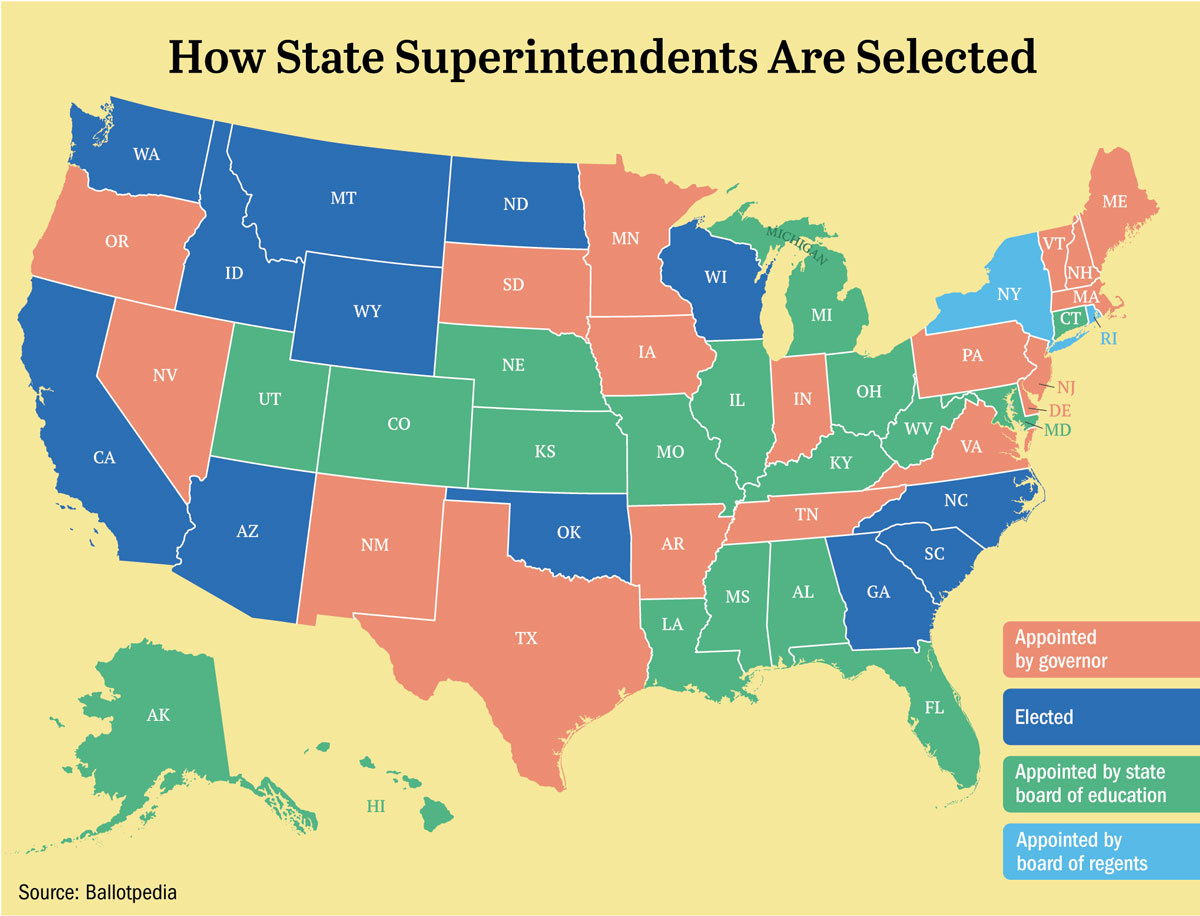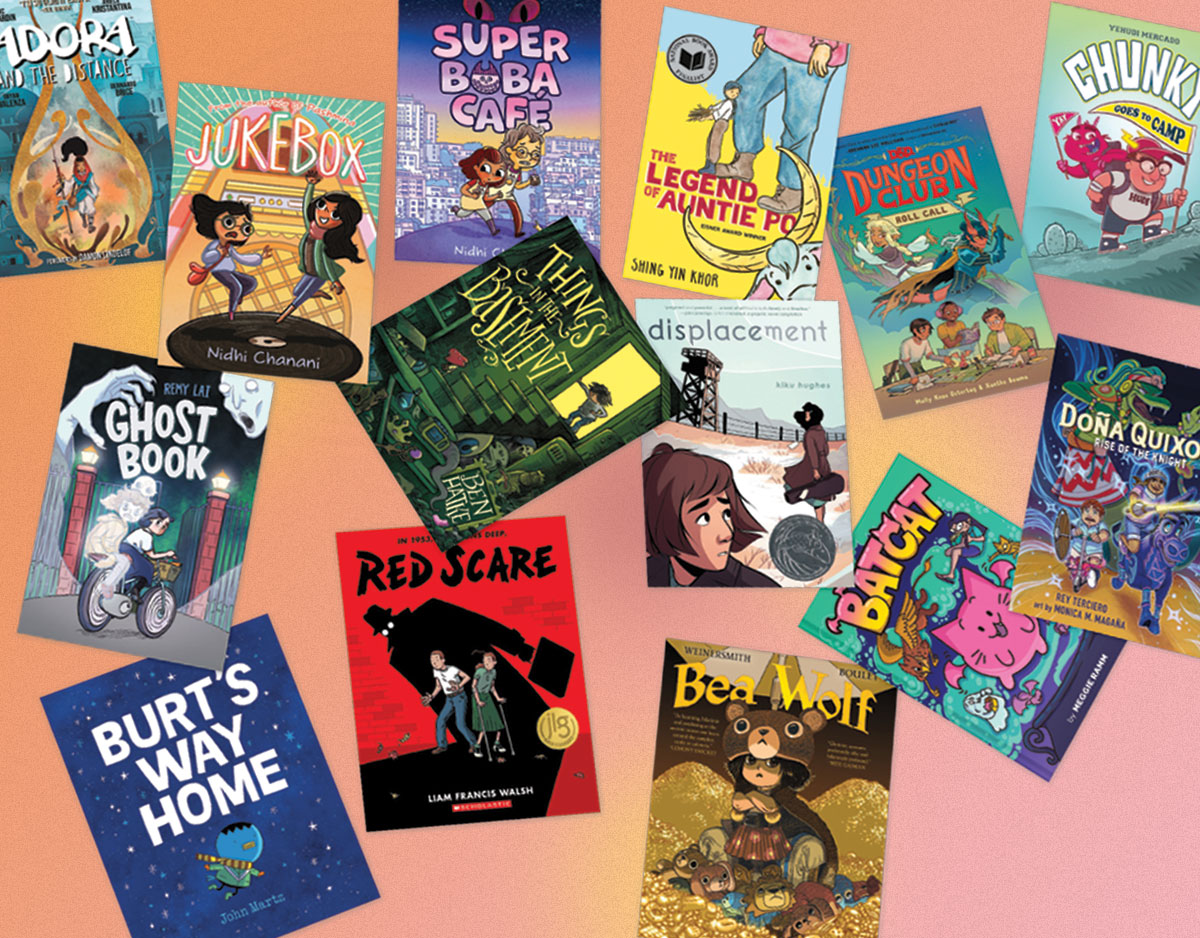SCROLL DOWN TO READ THE POST
Round Up (Austen Style!)

Alright, y’all, I’m having a rough blog post, OK? Because I have here two books that I thoroughly, thoroughly enjoyed reading for myself. But when I switch to my magical Printz-o-vision, neither Keeping the Castle nor For Darkness Shows the Stars stands up to a more critical analysis. Pity me, the poor blogger, who has to write up why these books that are decidedly entertaining reads just don’t work in the context of our blog. Boo!
For Darkness Shows the Stars by Diana Peterfreund
Balzer + Bray, June 2012
Reviewed from a final copy
Let’s start with Diana Peterfreund’s For Darkness Shows the Stars. It’s a retelling of Persuasion, set in a dystopic future. This title got one starred review and a lot of love in our comments — ha, and the last time that happened, I ended up reviewing Where Things Come Back…well, we all know how THAT ended.
ADVERTISEMENT
ADVERTISEMENT
 Elliot is a sympathetic main character: responsible, reliable, relatable. Her frustrated romance with Kai is emotionally compelling; both Kai and Elliot have changed in their years apart, and both of them have good reason to distrust each other when they meet again. There are times when combining an Austen-style society in an SF setting work well; the frustrated, slow-cooking romance in particular was satisfying and felt true. The story also flowed when Elliot’s estranged cousin Benedict returned; his role was murky and absorbing and had all the best (read here: “my favorite”) twists. There was genuine suspense: should Elliot trust Benedict? Would he be an ally against her father? Could she trust Benedict with her secret wheat? Benedict’s ability to spin a plausible explanation for his banishment based on Baron North’s paranoia and mismanagement was horrifyingly conniving, opportunistic, and almost fooled me. What a delightfully evil character! Felicia was also great, as was Dee — as strong, cool, supporting ladies, they rocked my world.
Elliot is a sympathetic main character: responsible, reliable, relatable. Her frustrated romance with Kai is emotionally compelling; both Kai and Elliot have changed in their years apart, and both of them have good reason to distrust each other when they meet again. There are times when combining an Austen-style society in an SF setting work well; the frustrated, slow-cooking romance in particular was satisfying and felt true. The story also flowed when Elliot’s estranged cousin Benedict returned; his role was murky and absorbing and had all the best (read here: “my favorite”) twists. There was genuine suspense: should Elliot trust Benedict? Would he be an ally against her father? Could she trust Benedict with her secret wheat? Benedict’s ability to spin a plausible explanation for his banishment based on Baron North’s paranoia and mismanagement was horrifyingly conniving, opportunistic, and almost fooled me. What a delightfully evil character! Felicia was also great, as was Dee — as strong, cool, supporting ladies, they rocked my world.
But. I had my problems, at least with a literary-lensed read. While Dee and Felicia (yes, and Benedict, that lout) were interesting, some of the other minor characters were too thin. Nicodemus was more of an idea than a character. Olivia, Donovan, Tatiana, and Ro were all too simple, too vague — just there to keep the plot going, to keep it similar to Persuasion. This means that Tatiana’s (essentially) off-page transformation at the end was uninteresting and unconvincing. Olivia’s and Donovan’s love story was boring. Andromeda’s reveals felt like the fulfillment of the plot rather than a guarded person slowly opening up to new people — and made the end feel somewhat undeserved, deus ex machina style.
The biggest failing was Elliot’s father. He was the main villain but so supremely underdeveloped that his character made no sense. It was hard to understand how he was powerful; no one on his own estate respected him. Elliot’s fear and intimidation were so unwarranted that they seemed like a plot contrivance. The Innovations came to the North estate knowing that Elliot’s father was selfish and ineffectual; the Groves knew of his incompetence, too. With gossip so unanimous, it’s hard to imagine Luddite tribunals (or whatever) supporting his right to the North lands (should’ve gone to Benedict, that toad) or to the Boatwright estate. All of which meant that Elliot’s final confrontation with him felt more like “FINALLY” rather than “awesome work!”
The writing was sometimes weak. There were too many moments when the narration and dialog were too obvious (Upon Benedict’s return, page 179: “Why had the prodigal nephew returned? How did her father feel about it?” Kai’s admonishment to Andromeda, page 389: “‘She [Felicia] didn’t need to find out now. She didn’t need to find out this way.’” See also: all the letters between Kai and Elliot). These moments were common enough that the story felt predictable and preachy. Similarly, Elliot’s internal debates — should she out herself as a non-Luddite? Should she tell people about her wheat? Should she ask Felicia for more effective help for her grandfather? — went on for far too long, were too drawn out, and were too obvious.
I also had some world building problems with this one. It felt wrong, that the Norths were so cut off from everyone and everything. OK, they all live on an island. And there are other islands in the distance. But those distances that were once spanned by bridges are no longer navigable at all? Really? So that means that Channel City is on their island, right? How big is their island — if Posts are leaving estates and roving the country, why don’t the Norths see them? Elliot and Tatiana don’t even realize (at the start of the novel) that it’s possible — maybe even common — for a Post to flourish outside of an estate; yet in Channel City there’s a thriving Post colony? How can the Norths be so cut off? And the no tech thing — they have machinery — are all the machines left over from before the Reduction? Did the metal just…last? Or is metal-working acceptable Luddite-level technology? If metal working is not acceptable, did the Luddites bring their machines into their underground retreats with them? I only have questions, you guys. Cranky, cranky questions.
I hate to end on a cranky note full of questions like that — for reals, I really did enjoy reading FDSTS — but it’s time to move on because we also have:
 Keeping the Castle by Patrice Kindl
Keeping the Castle by Patrice Kindl
Penguin, June 2012
Reviewed from an ARC
Patrice Kindl’s Keeping the Castle has been nominated for the Pyrite Printz. It’s also received three starred reviews and for a while was the book I was naming as my personal favorite read of the year.
ADVERTISEMENT
ADVERTISEMENT
One part Austen style comedy of manners, another part retelling of Cinderella, this book is charming and a lot of fun. There were so many things I enjoyed. The writing is wonderful: frothy, funny, so smart, and — seriously — so much fun. It’s a great approximation of the period but still accessible and clever. Althea is terrific, managing and hilarious, and Mr Fredericks is so nerdy-clumsy-kind; I loved their love story. KTC is efficient story telling; it can be read in a single sitting, which means that its flaws might just slip right by you.
With a close reading, though, some of the humor is too wobbly — the target moves around too much. Lord Boring is, indeed, quite boring. Is that the level of humor here? Are we reading a gentle send up of Regencies? Or an obvious, mocking satire? His name was too cute for words, too much of a nod/wink at readers in a book that generally played it more subtly. Kindl pulls in a lot of glancing references to Austen — specifically Emma and Pride and Prejudice — but these references never really add up to anything, never really go anywhere (EXCEPT TO FUNSVILLE, which is a place I enjoy visiting! I swear!).
The end had a lot of reveals, and many of them were predictable. The romance, of course, is the big one, but I could forgive that because it’s really just a staple of a Regency. I found the wrap-up of the Miss Vincy subplot especially problematic. She was secretly married and has a child — hmmm, I am suspicious. Her husband was terrible and now she’s sworn off love and is going to live as an artist? Well, I really don’t know about that. I’m not sure you get to laugh at the rules of a Regency (satire!) and also break them (Miss Vincy will be fine!). This particular subplot stuck out too much and felt too false, too easily solved.
We’ve had a run of well reviewed, starred books recently that we haven’t, for various reasons, fully embraced as contendas. We’ve talked before about the differences between a starred review and a Printz silver/gold. For me, these are two more titles that are entertaining, will be loved by many readers, but ultimately won’t be in that final five come January. But what say you?
Filed under: Contenders, Fiction
About Sarah Couri
Sarah Couri is a librarian at Grace Church School's High School Division, and has served on a number of YALSA committees, including Quick Picks, Great Graphic Novels, and (most pertinently!) the 2011 Printz Committee. Her opinions do not reflect the attitudes or opinions of SLJ, GCS, YALSA, or any other institutions with which she is affiliated. Find her on Twitter @scouri or e-mail her at scouri35 at gmail dot com.
ADVERTISEMENT
SLJ Blog Network
The Moral Dilemma of THE MONSTER AT THE END OF THIS BOOK
Cover Reveal and Q&A: The One and Only Googoosh with Azadeh Westergaard
K is in Trouble | Review
A Reading Community: A Love Letter to Local Independent Bookstores, a guest post by Heather Del Piano
The Classroom Bookshelf is Moving
ADVERTISEMENT
ADVERTISEMENT







